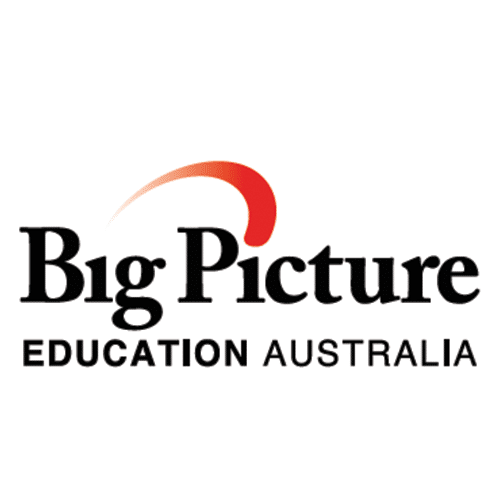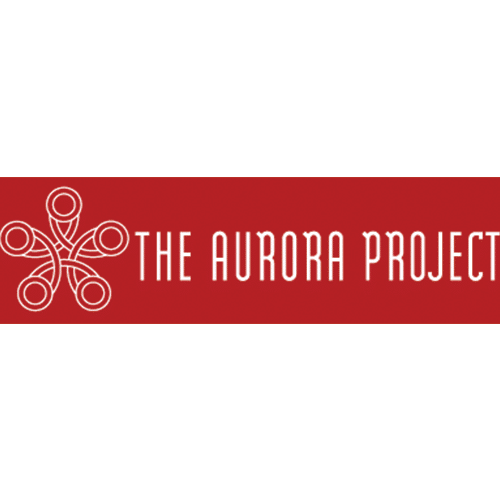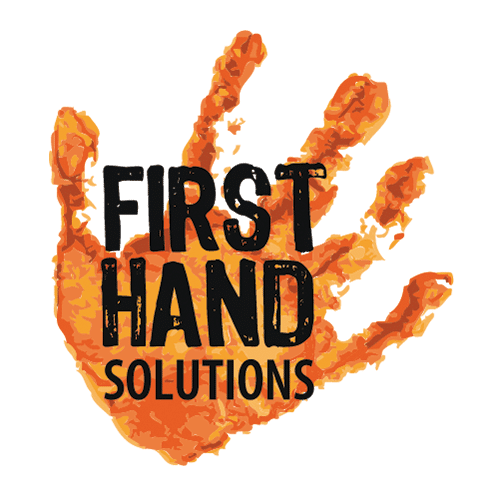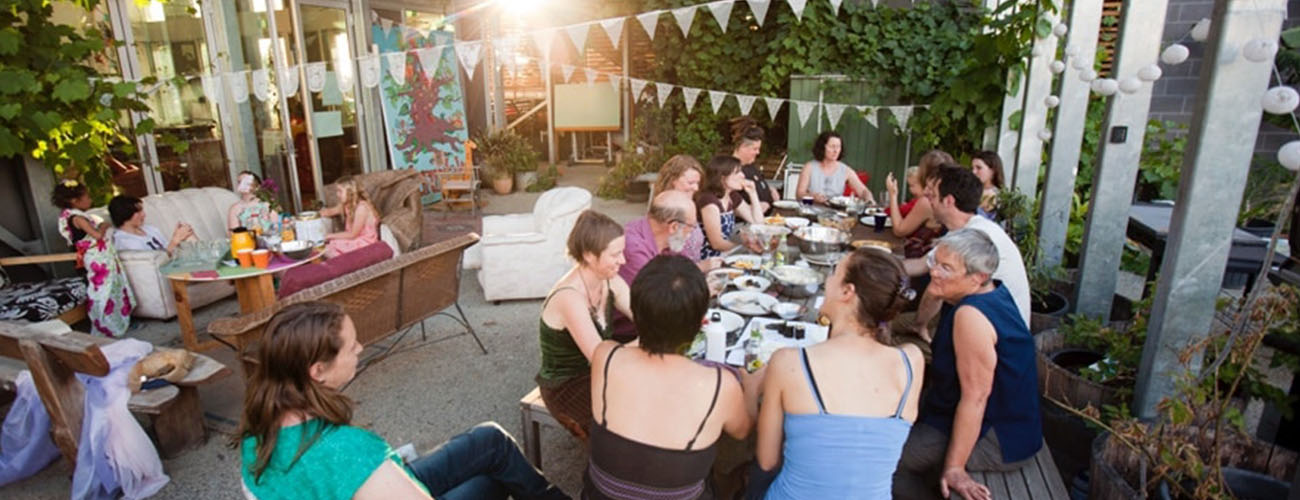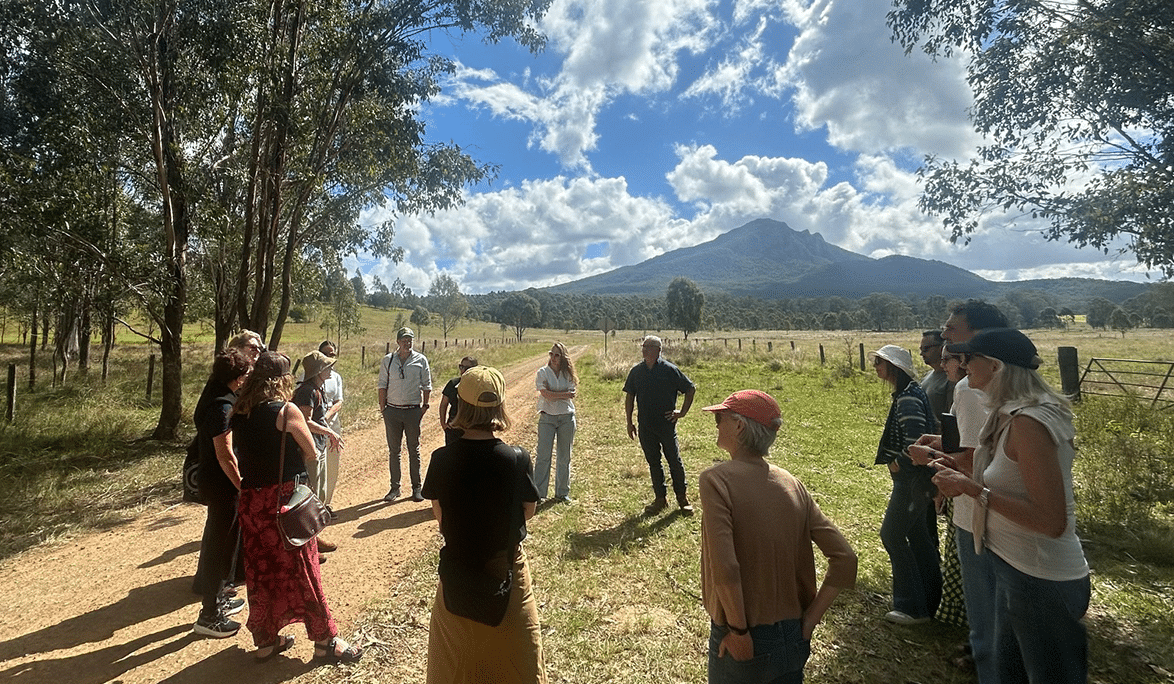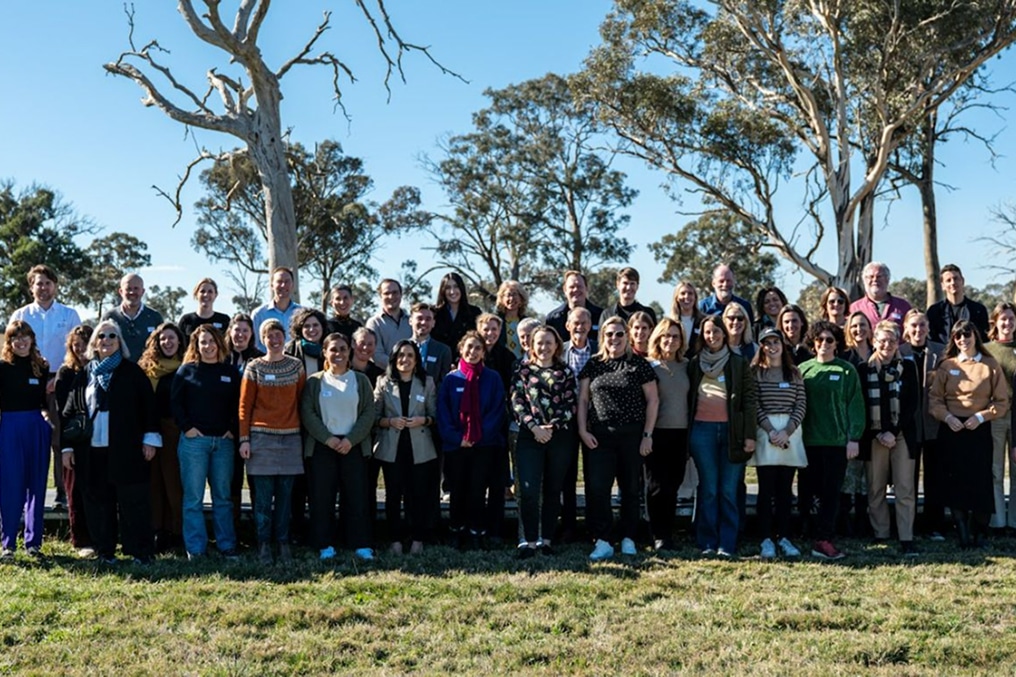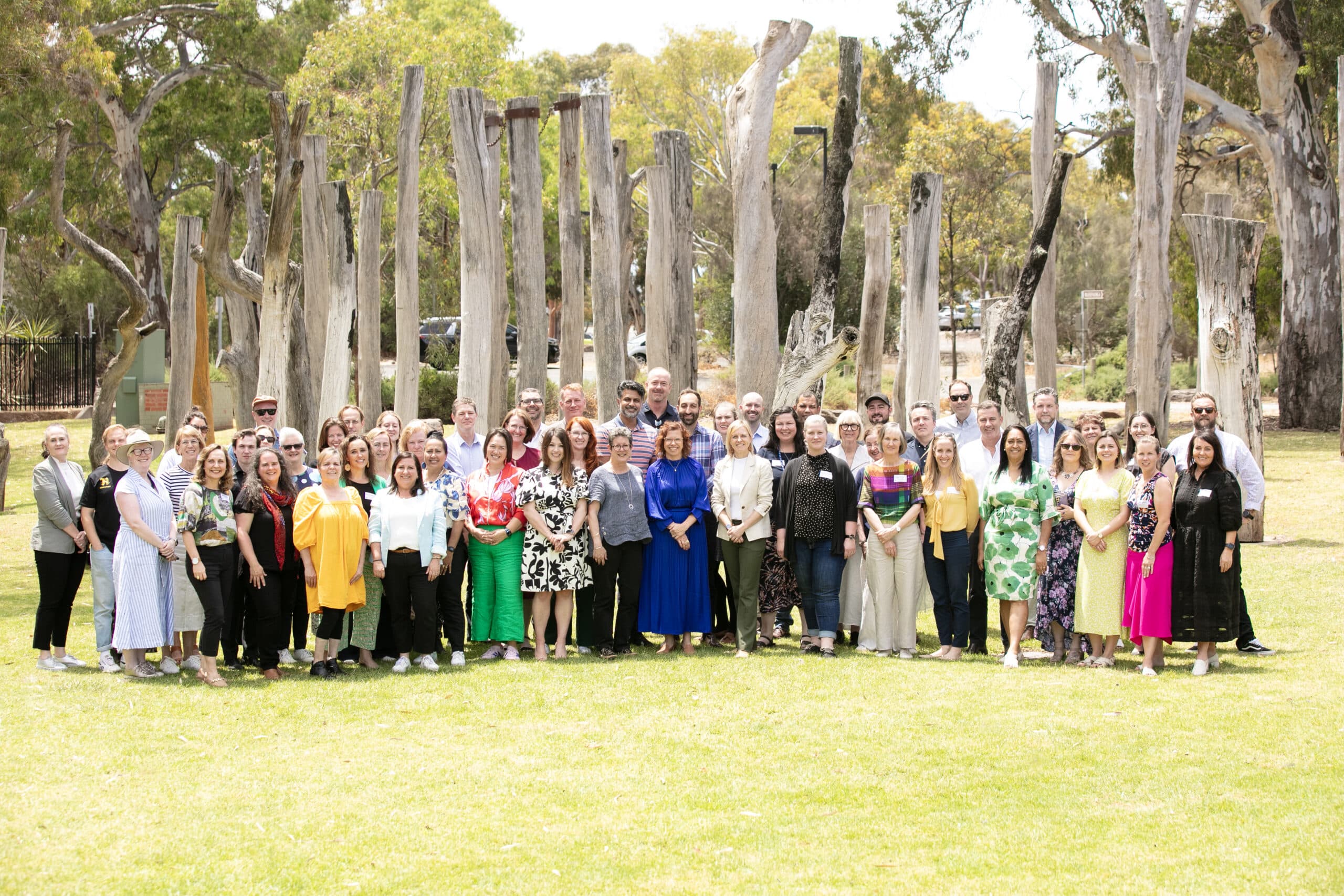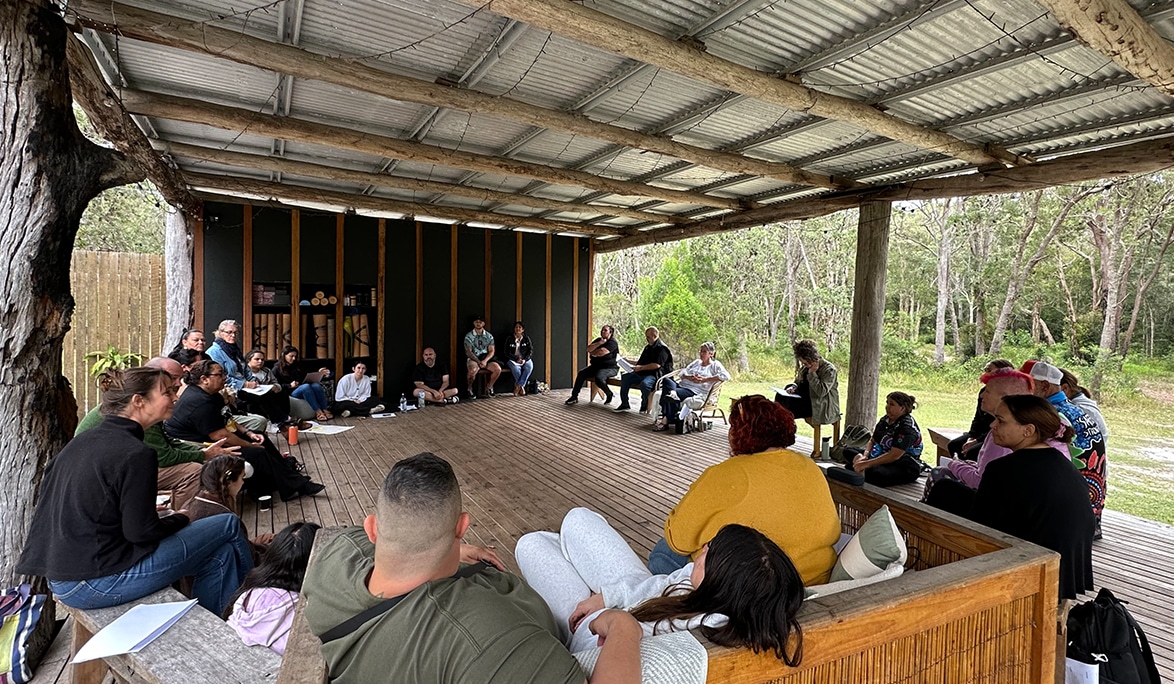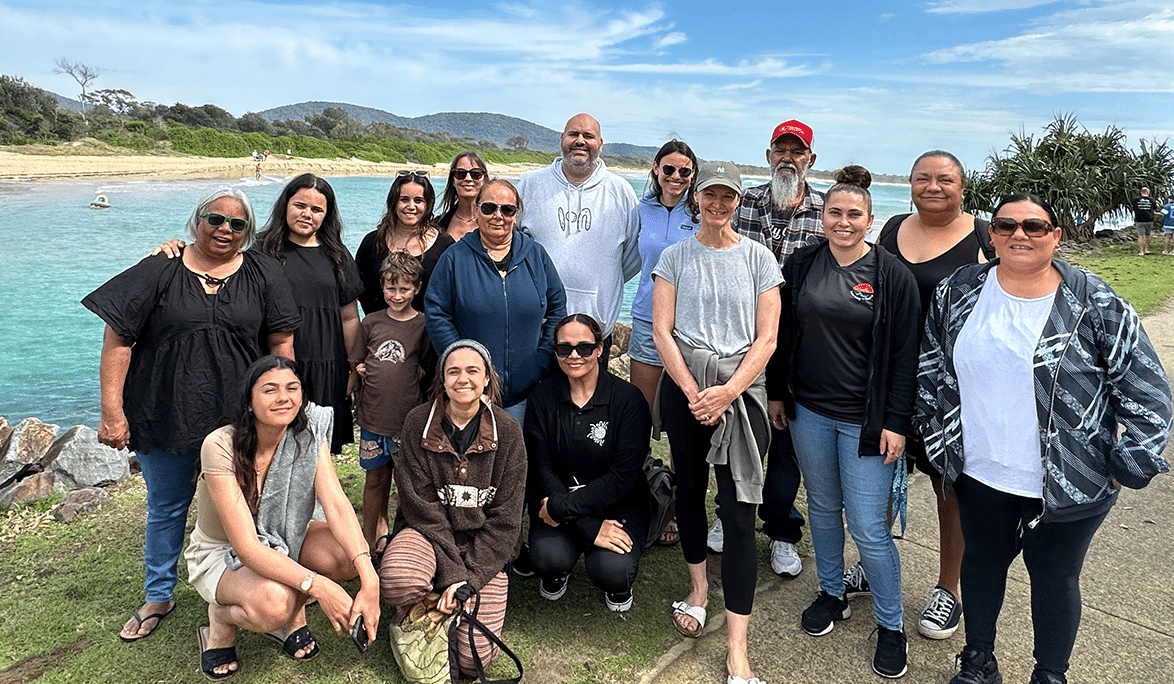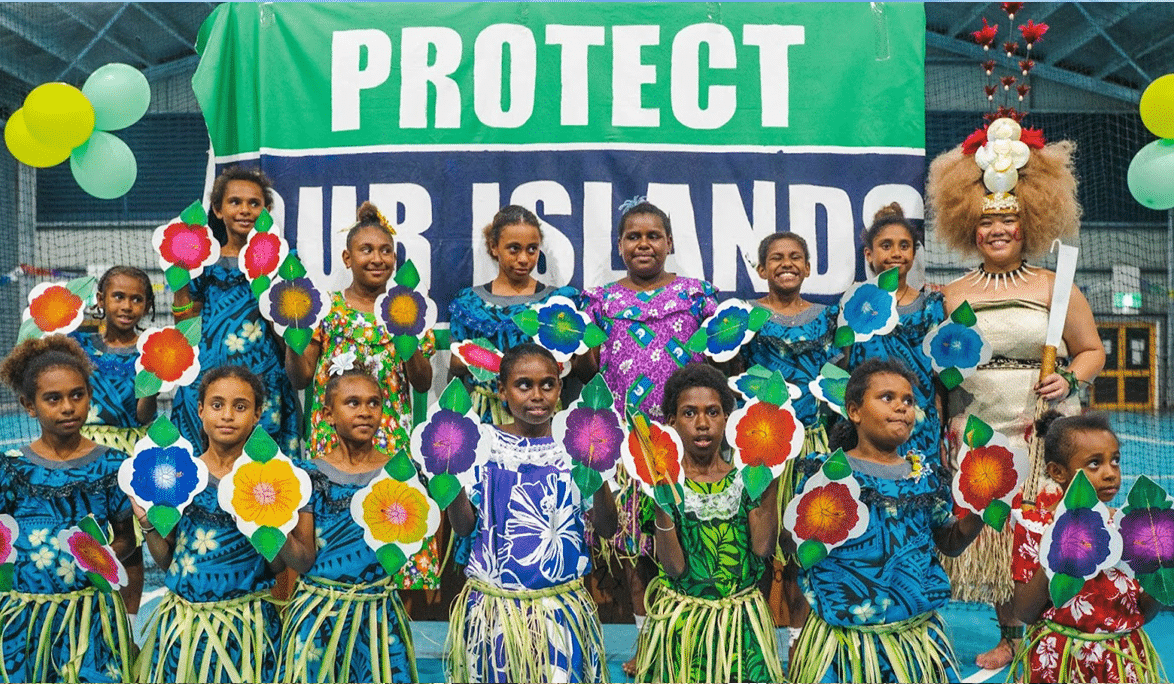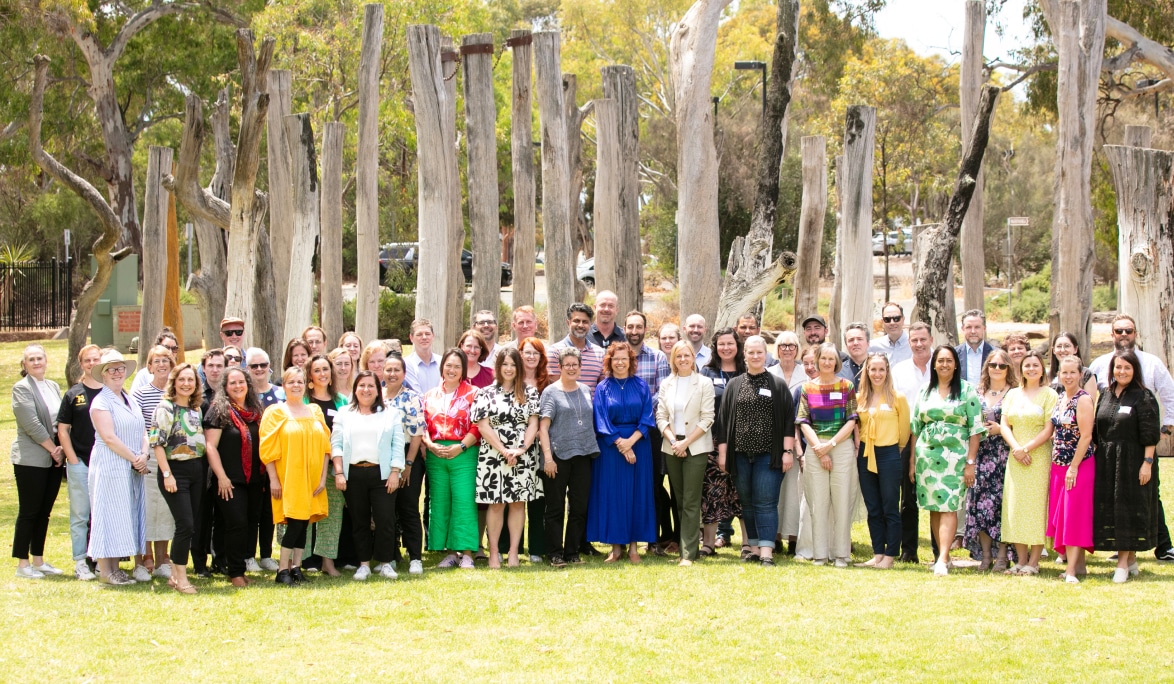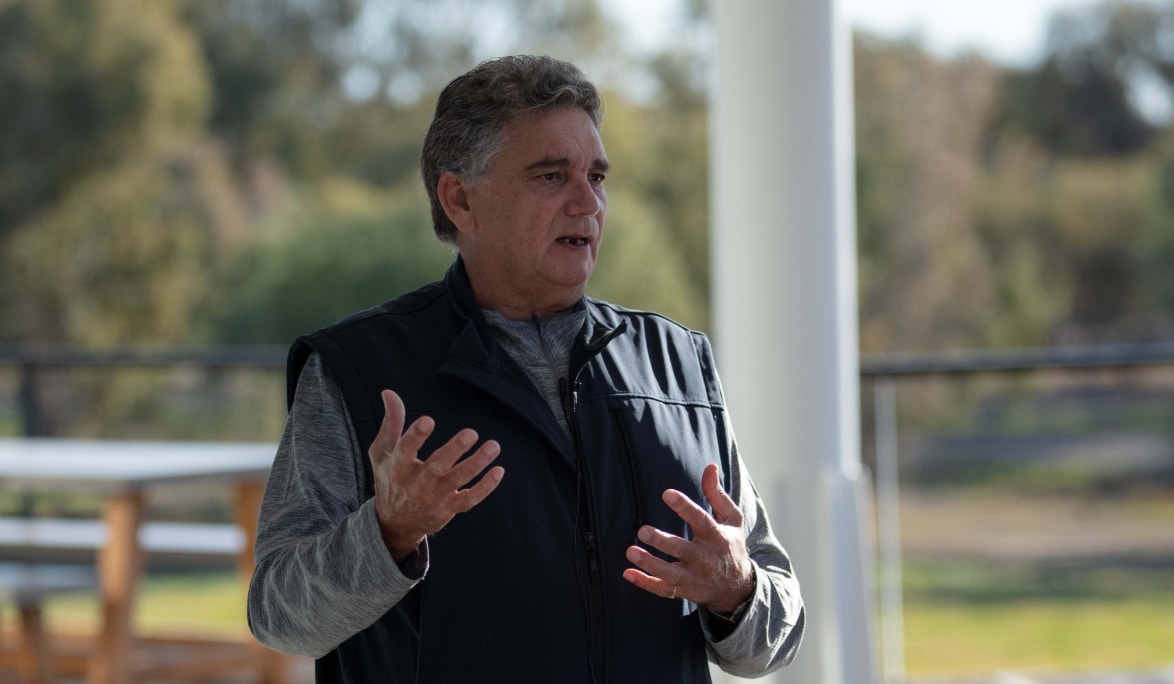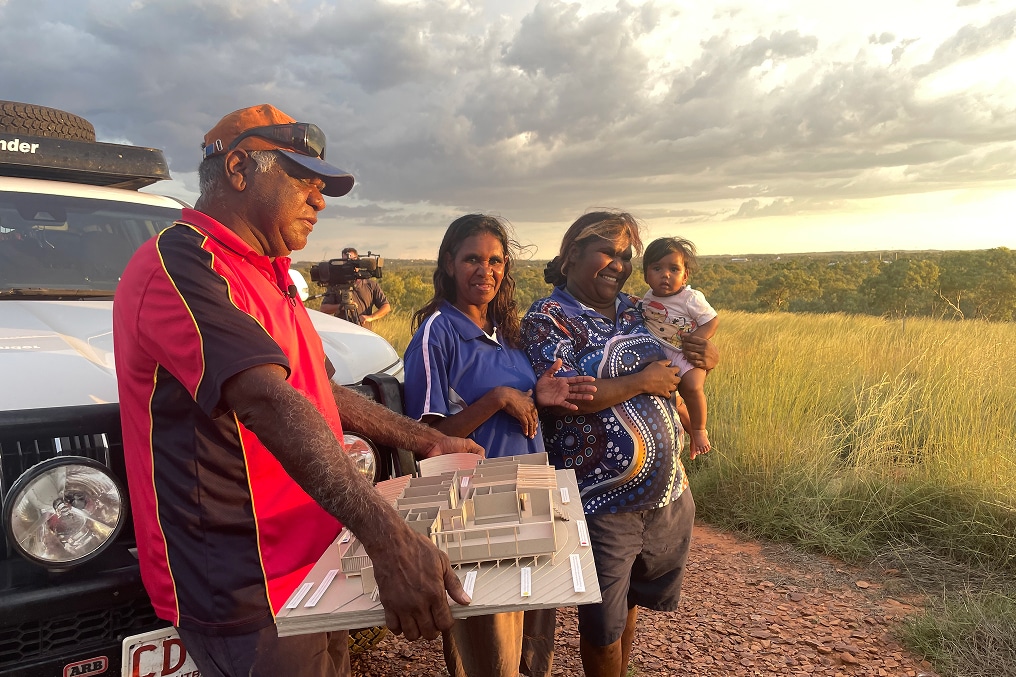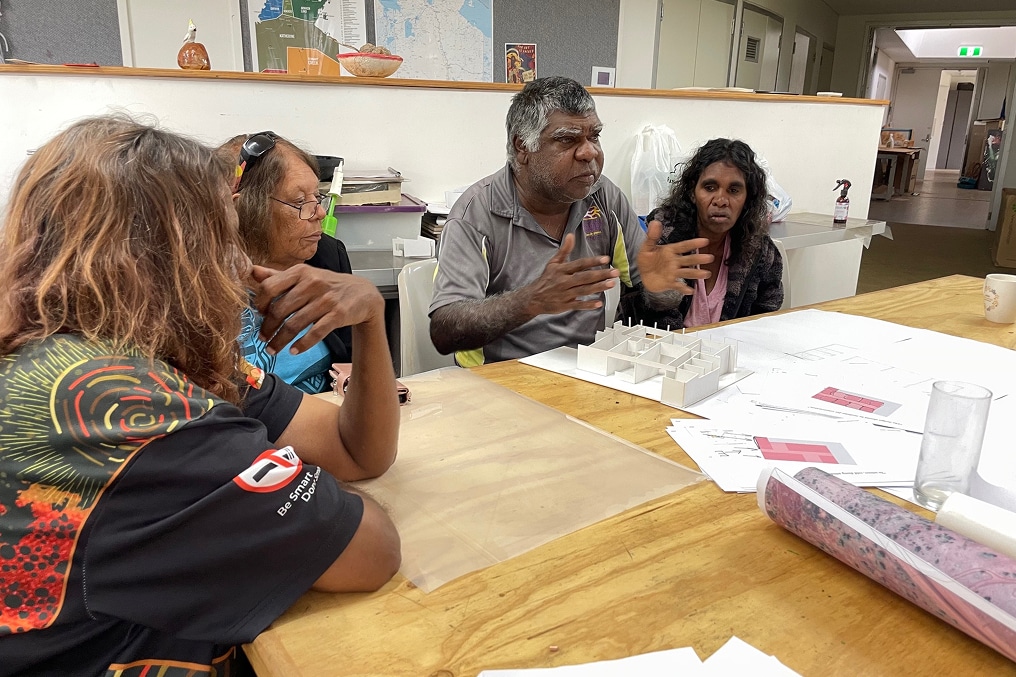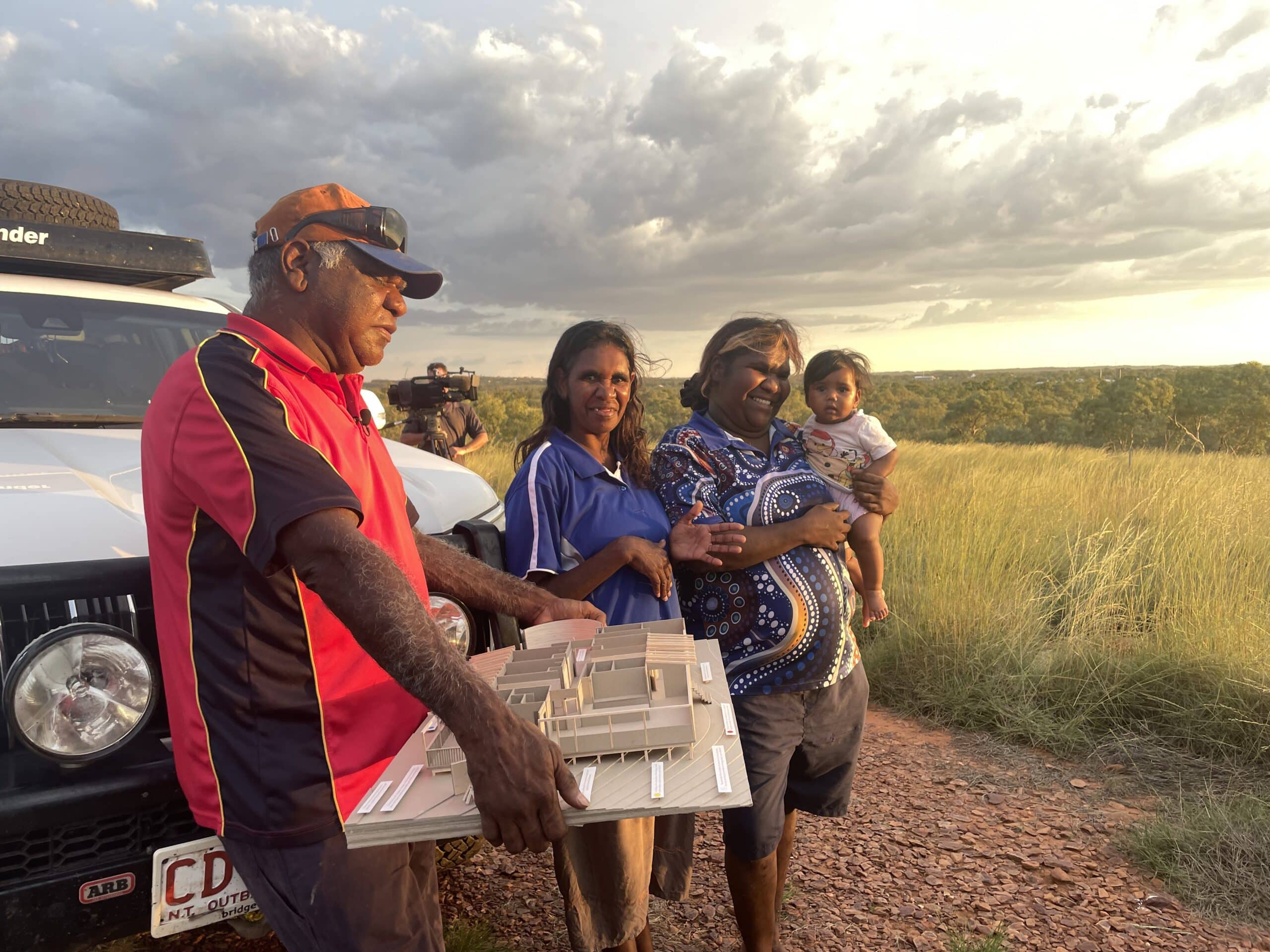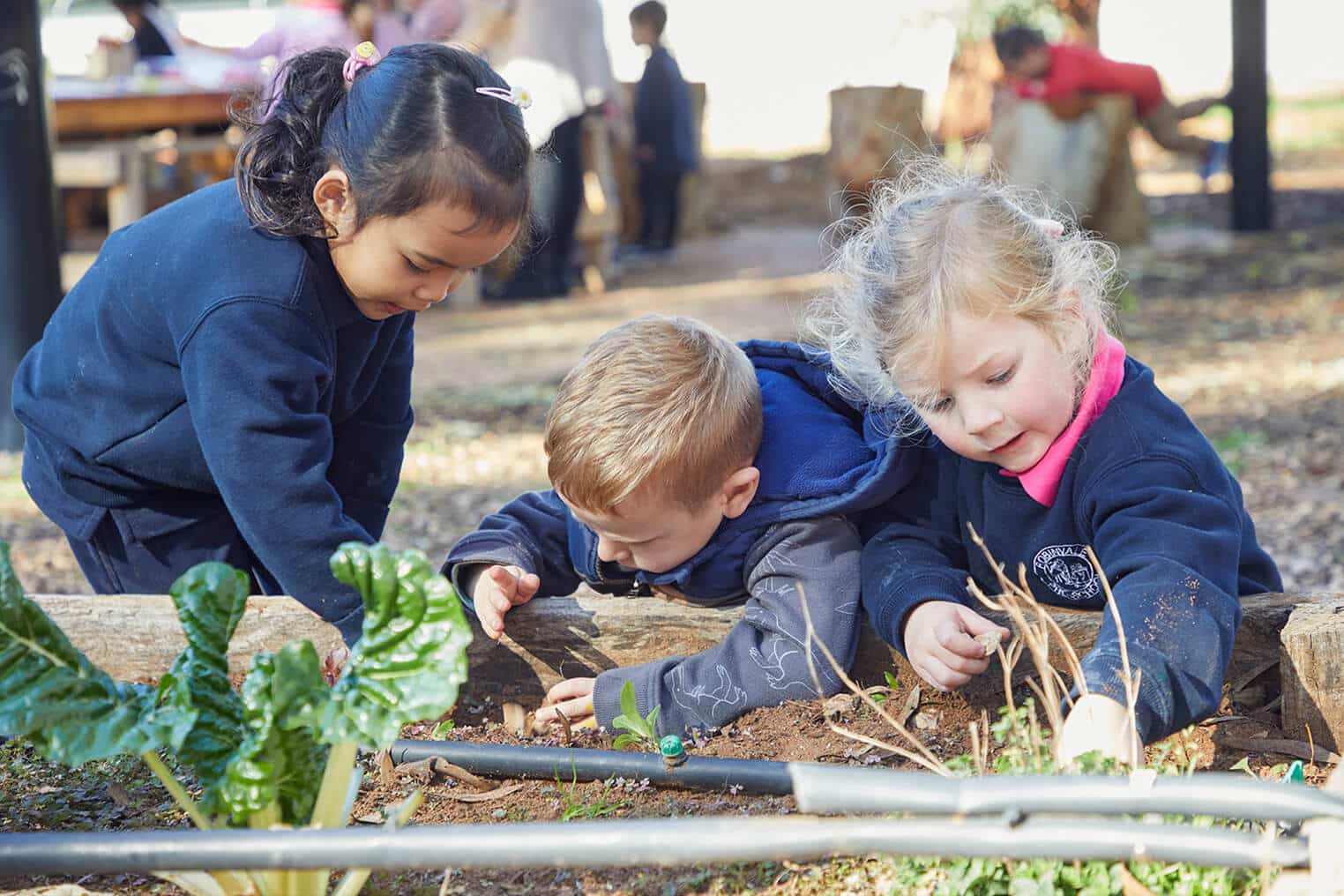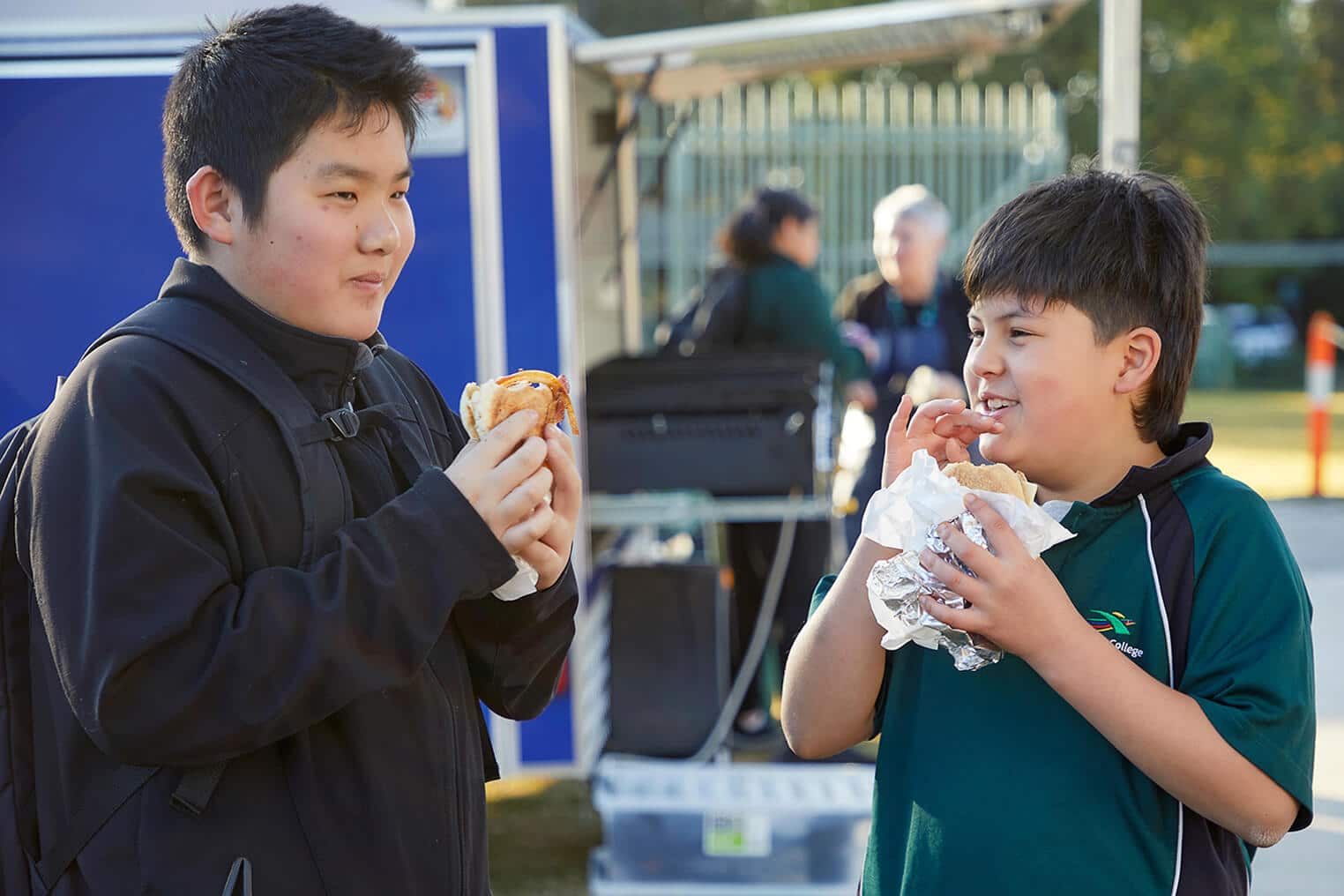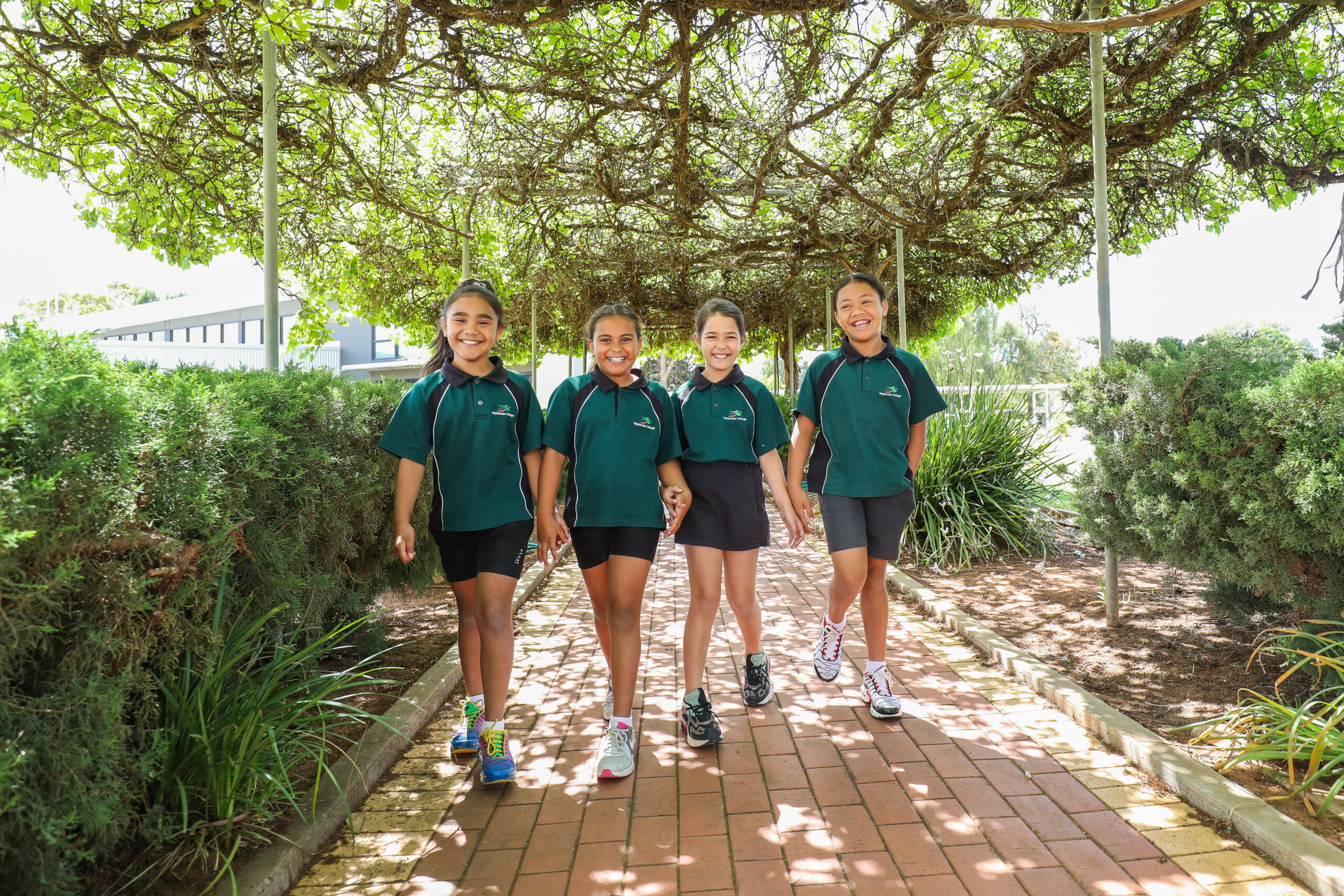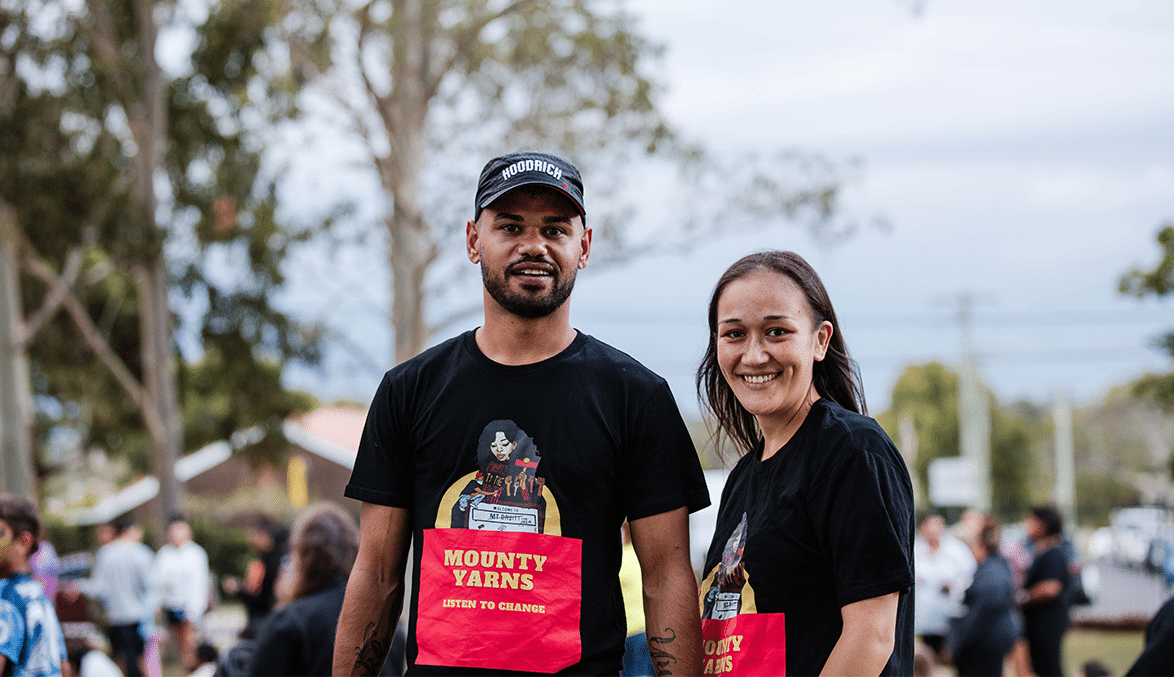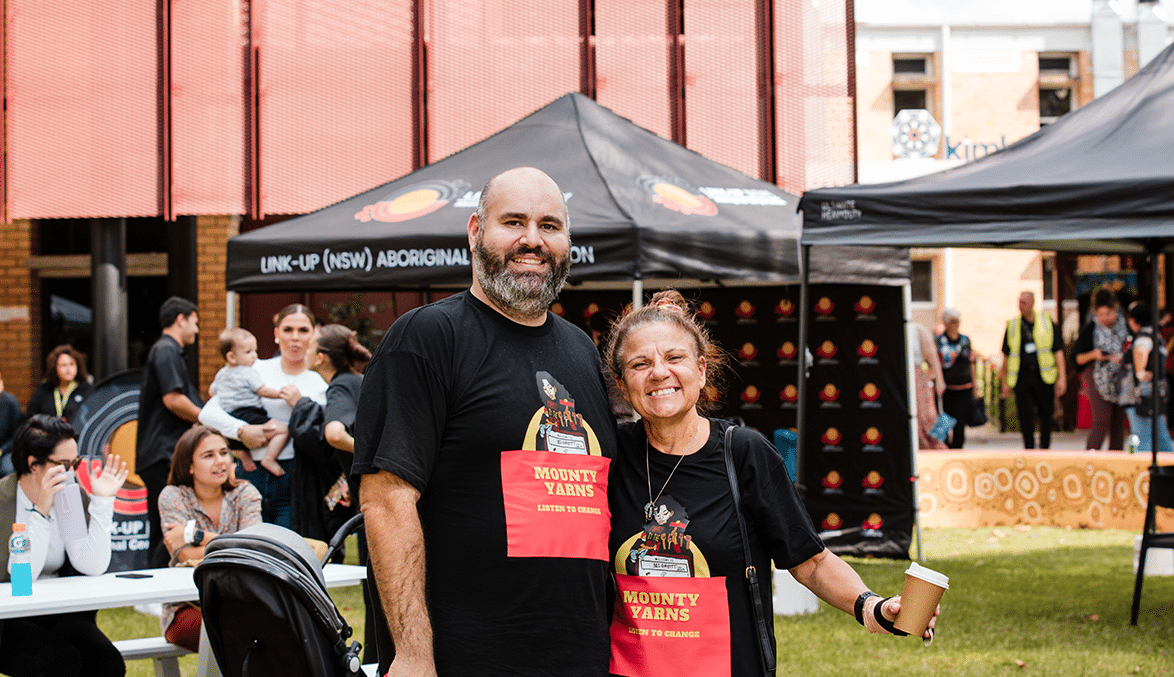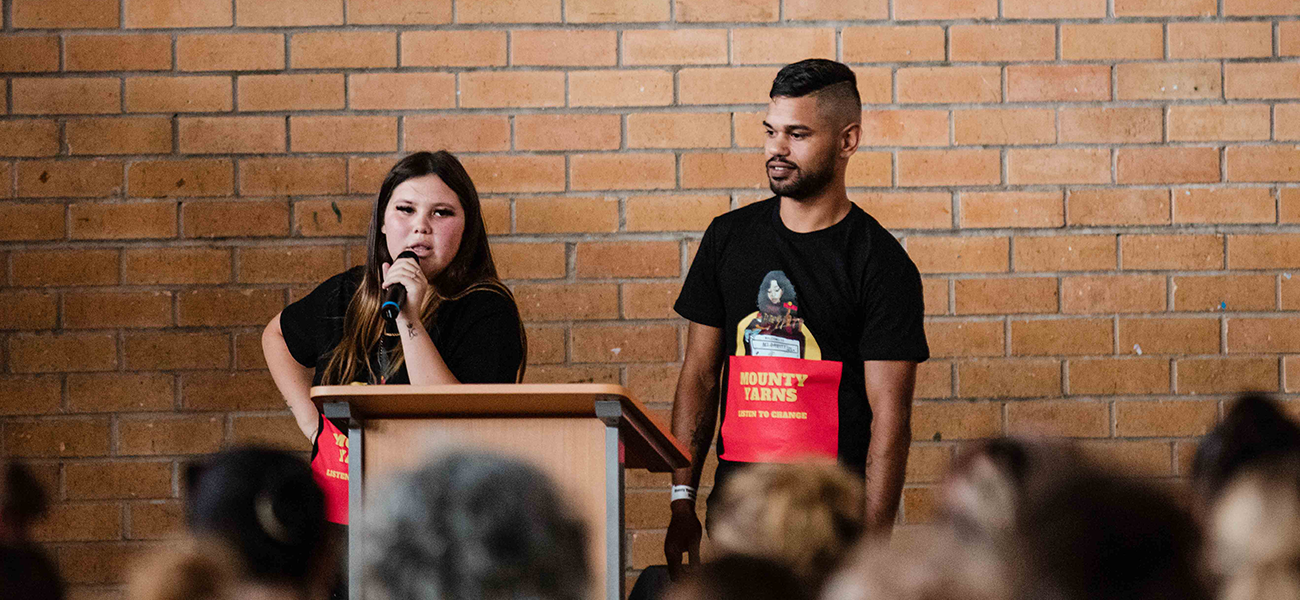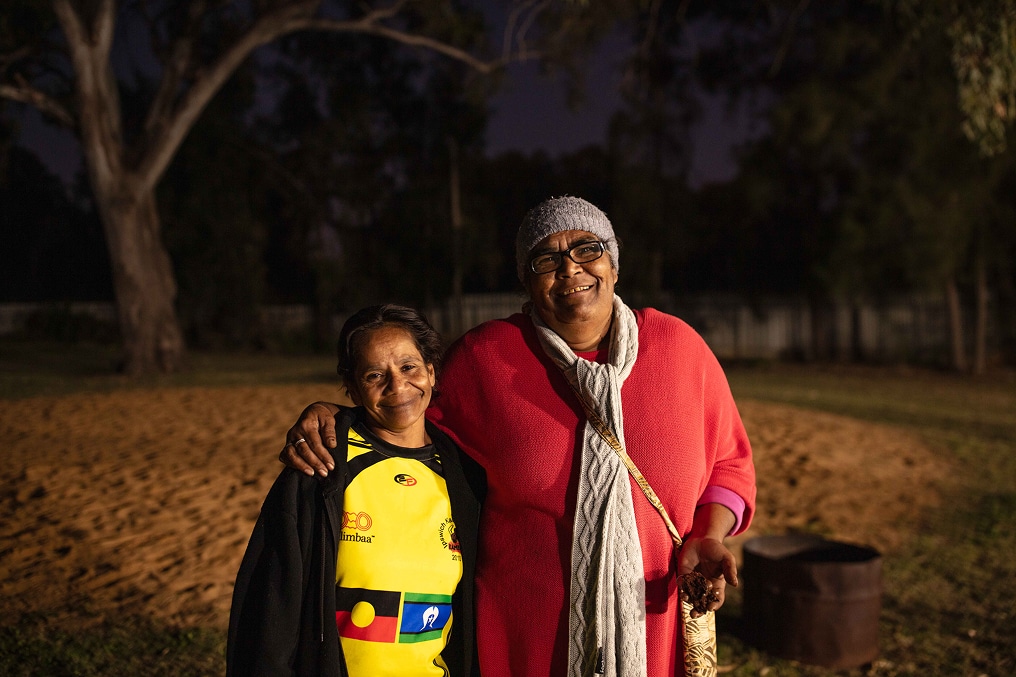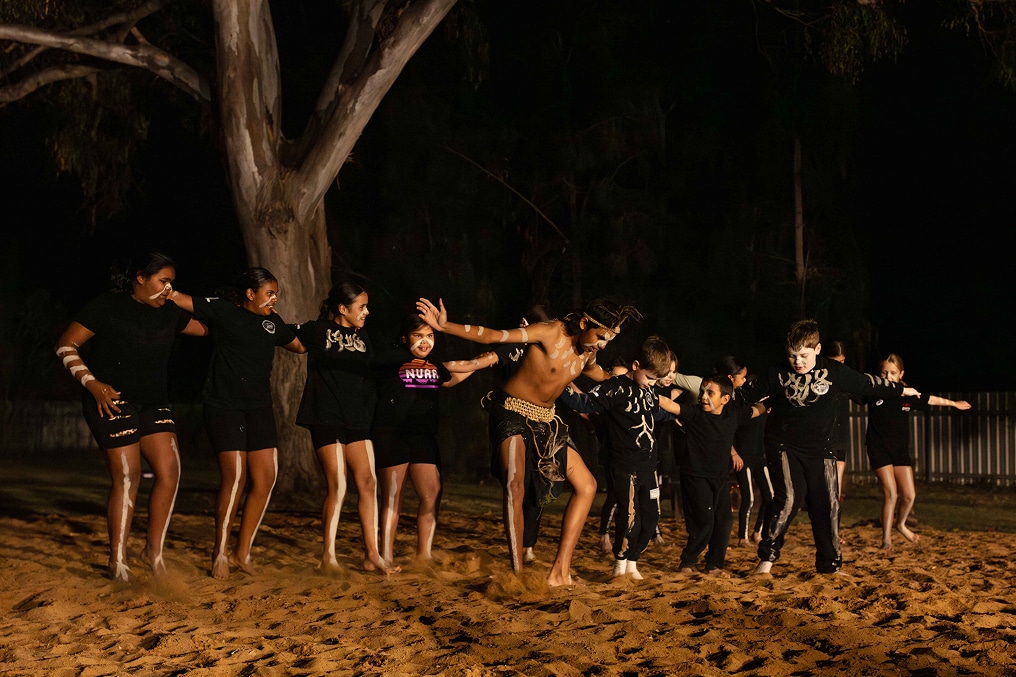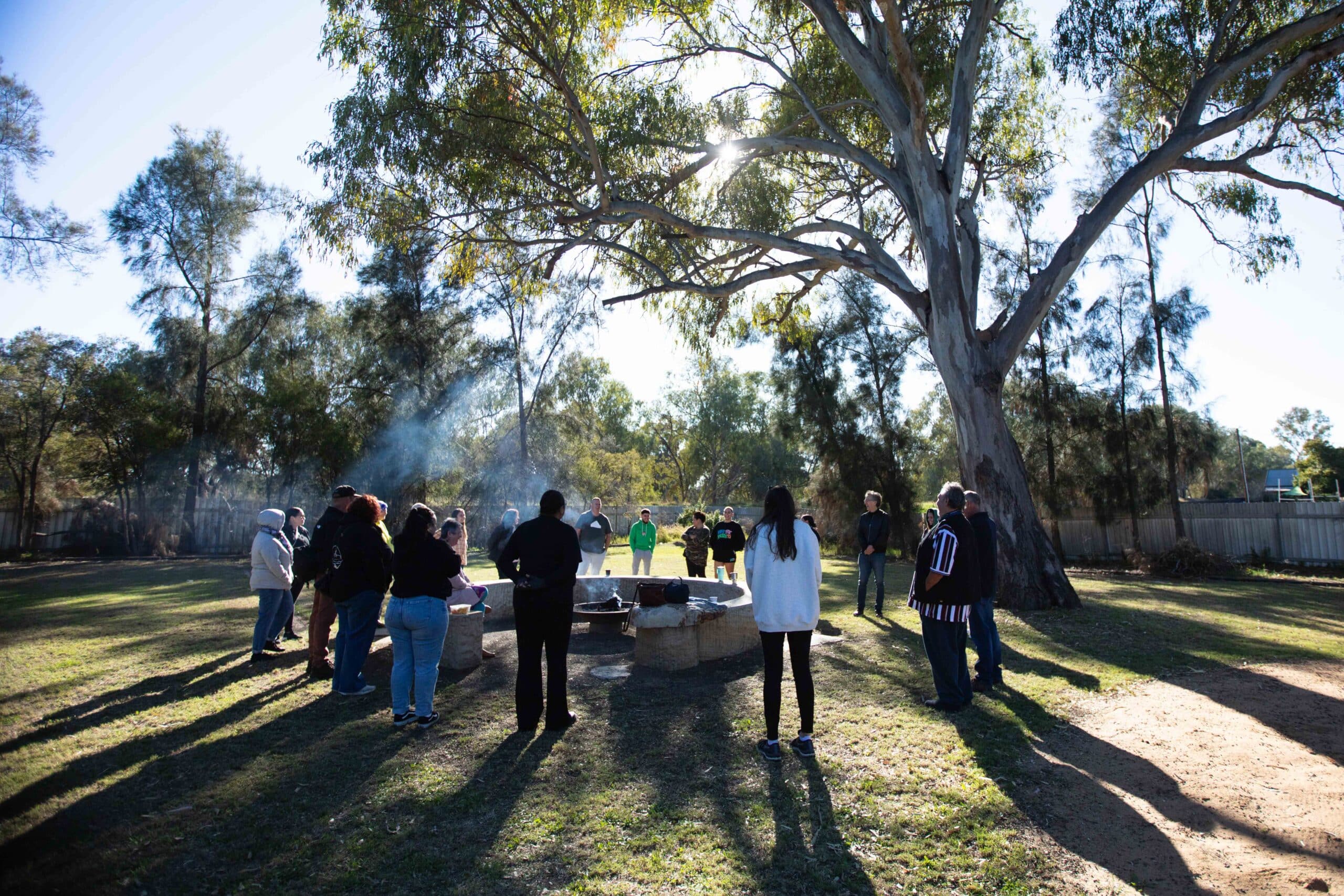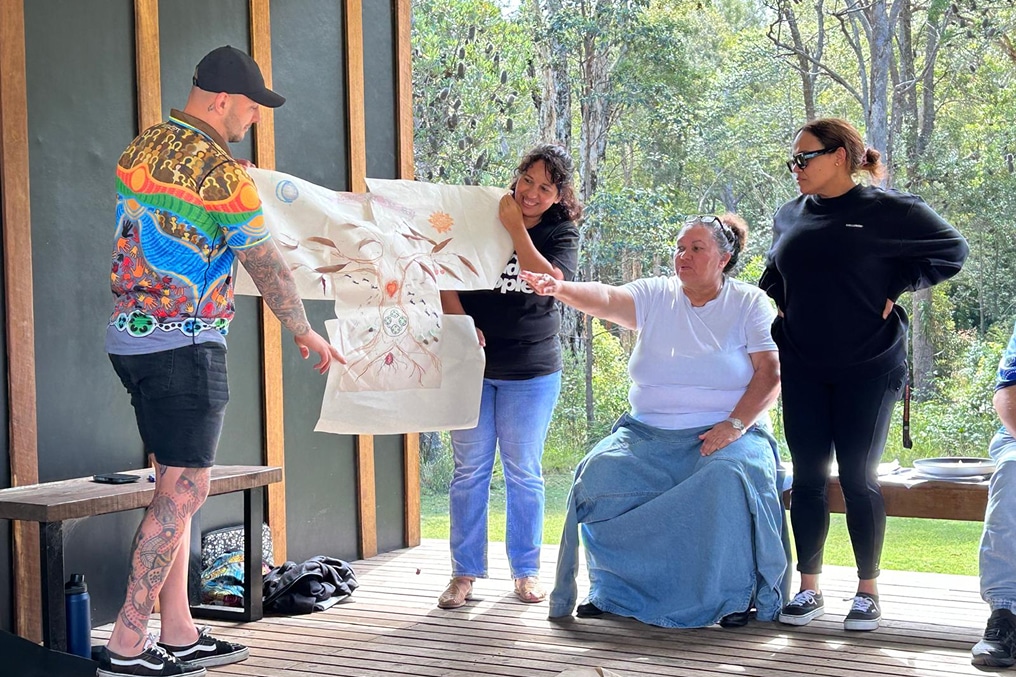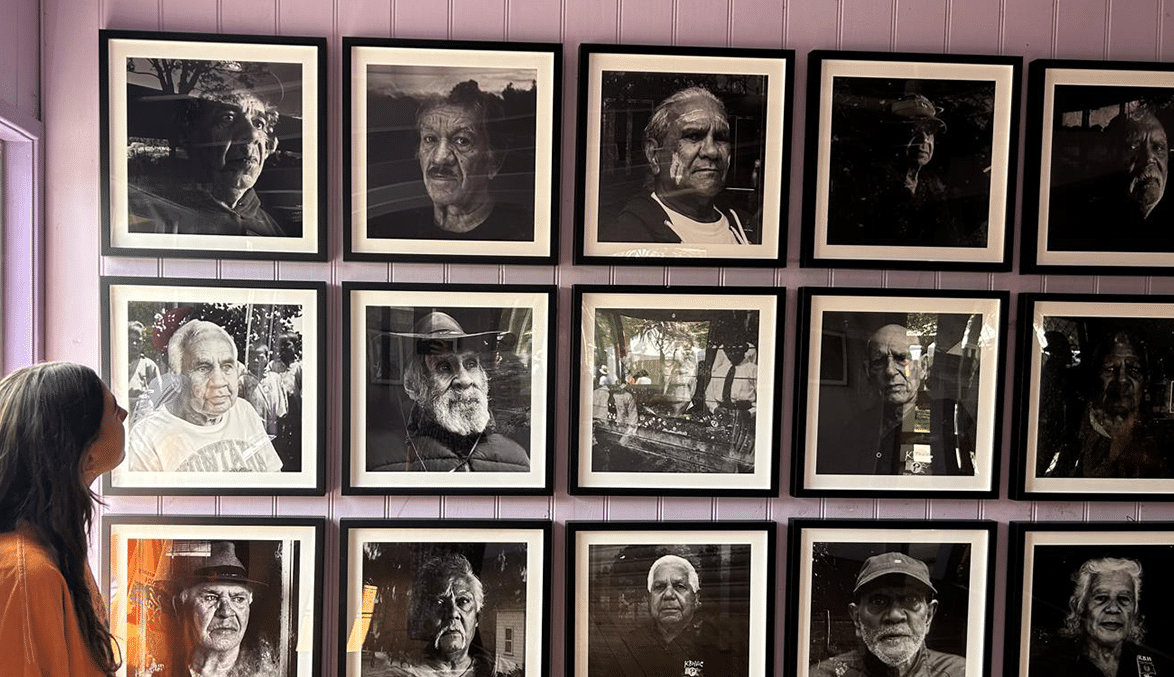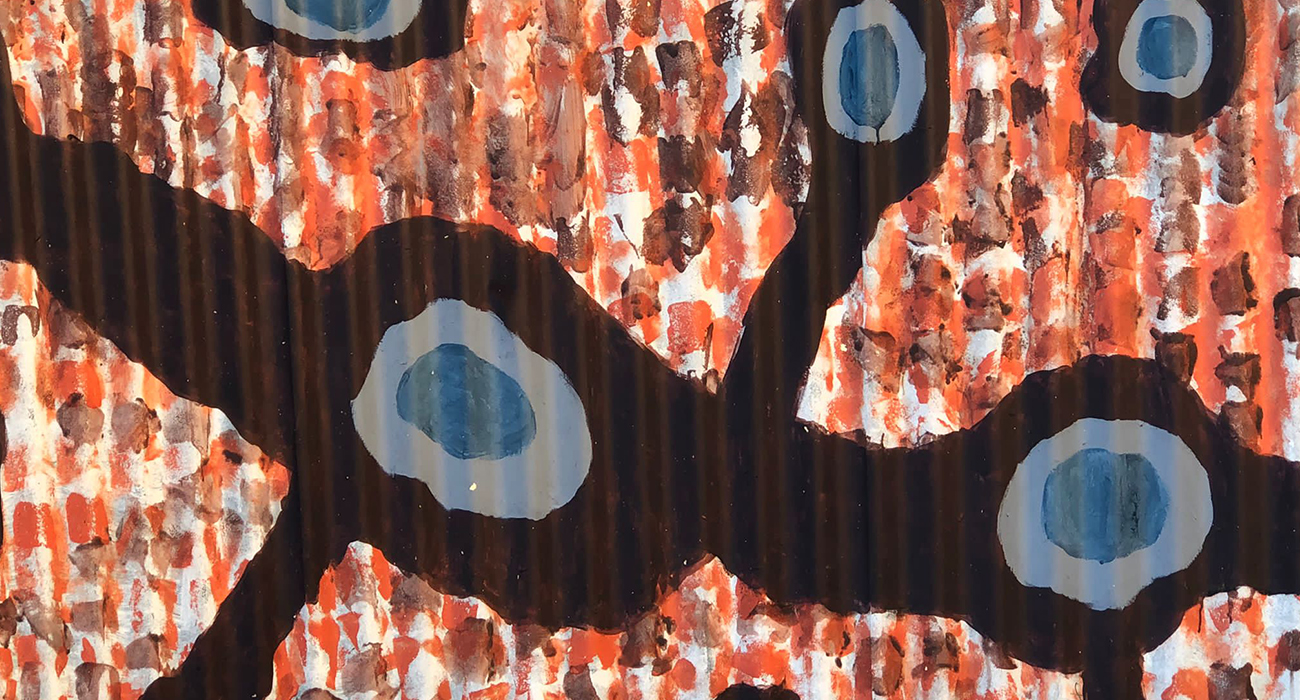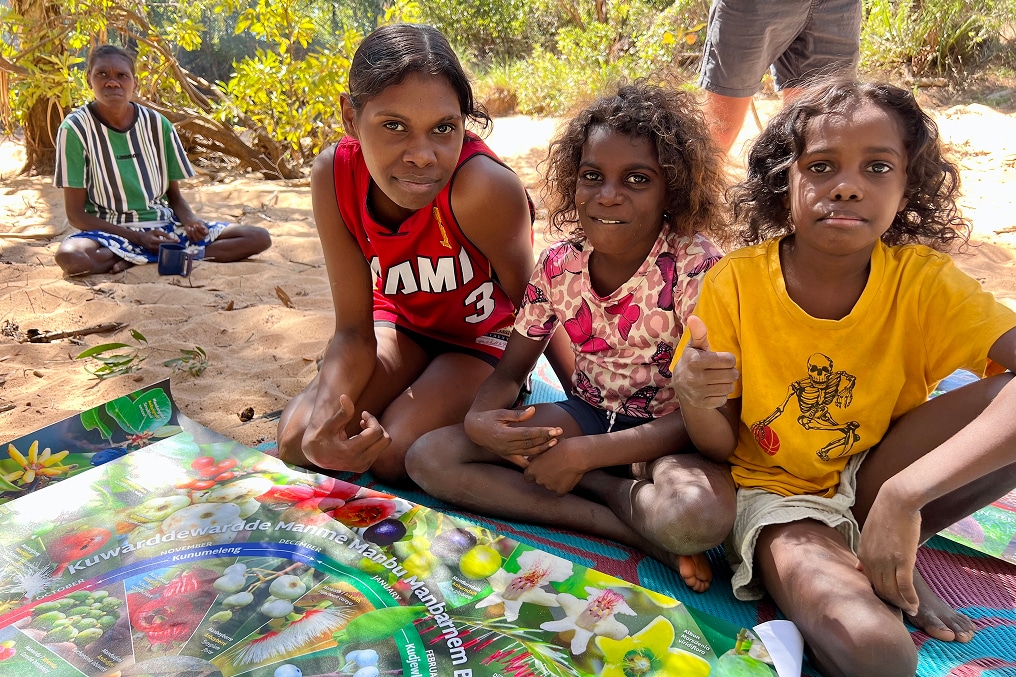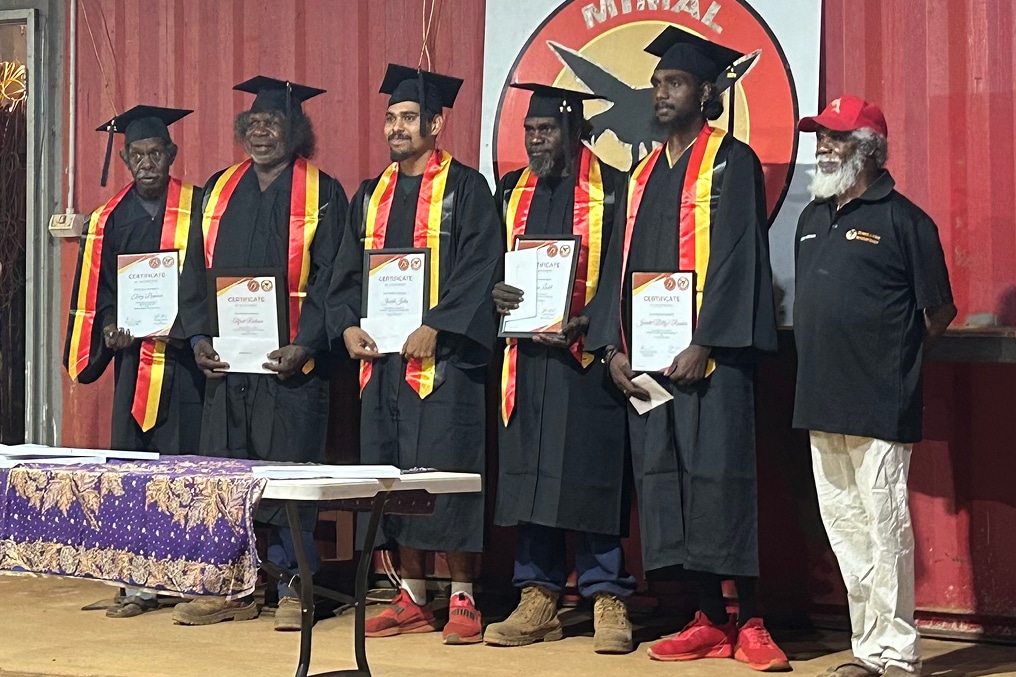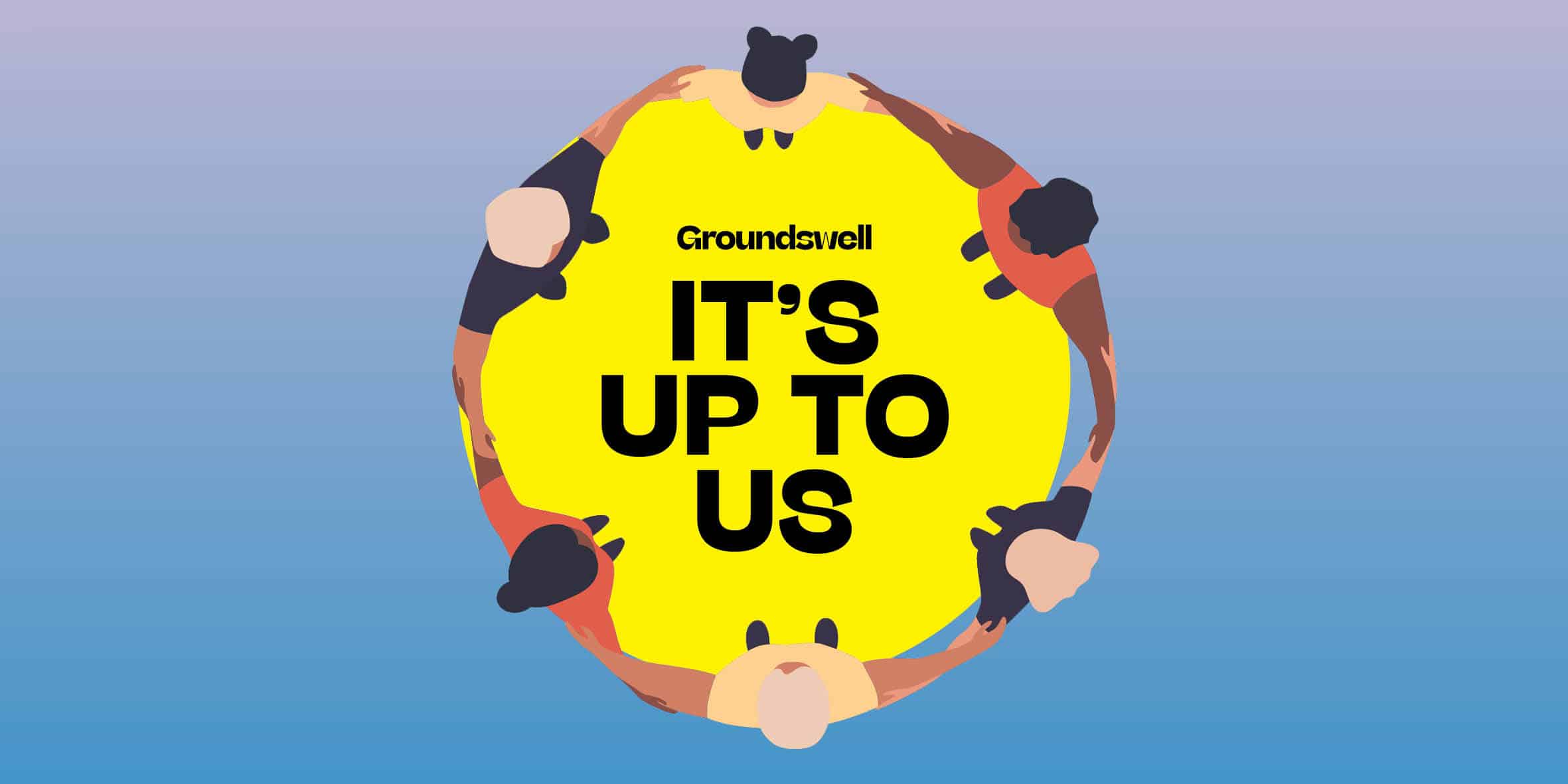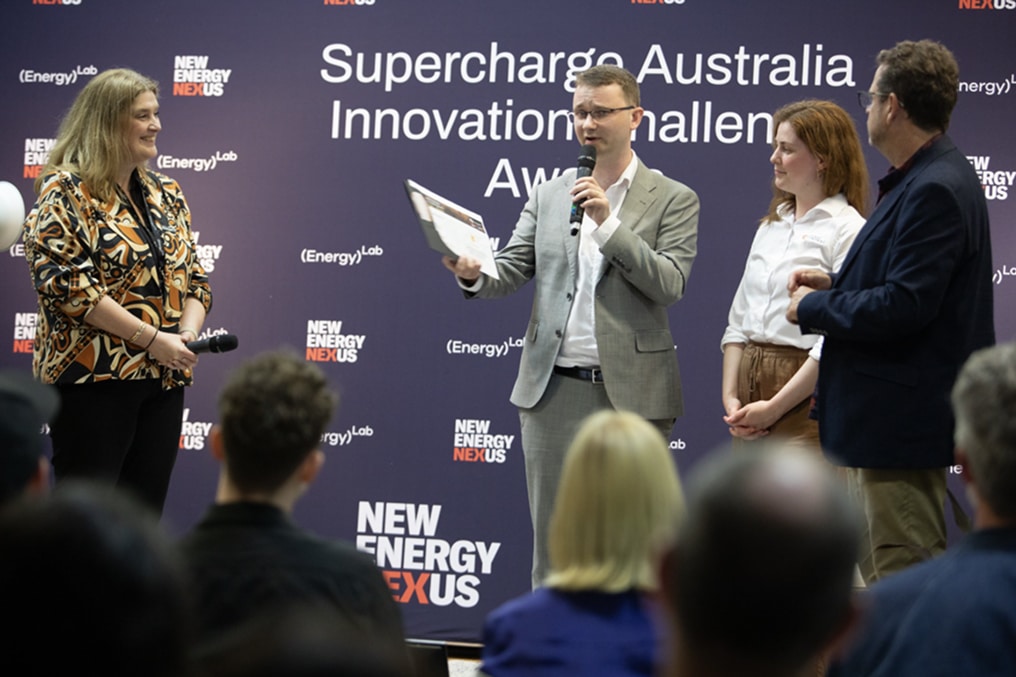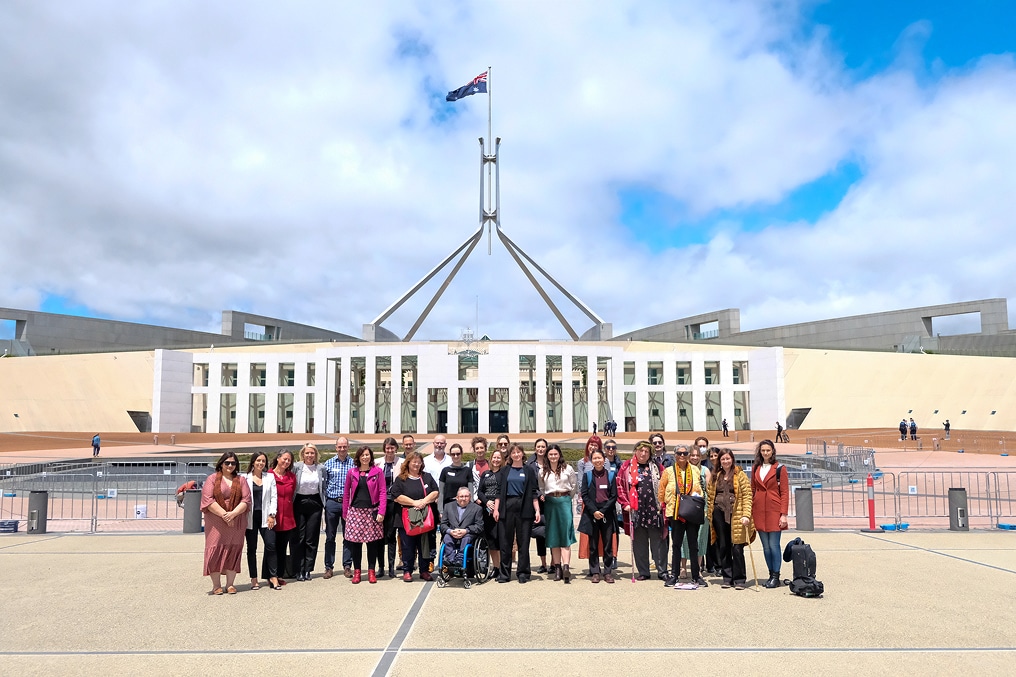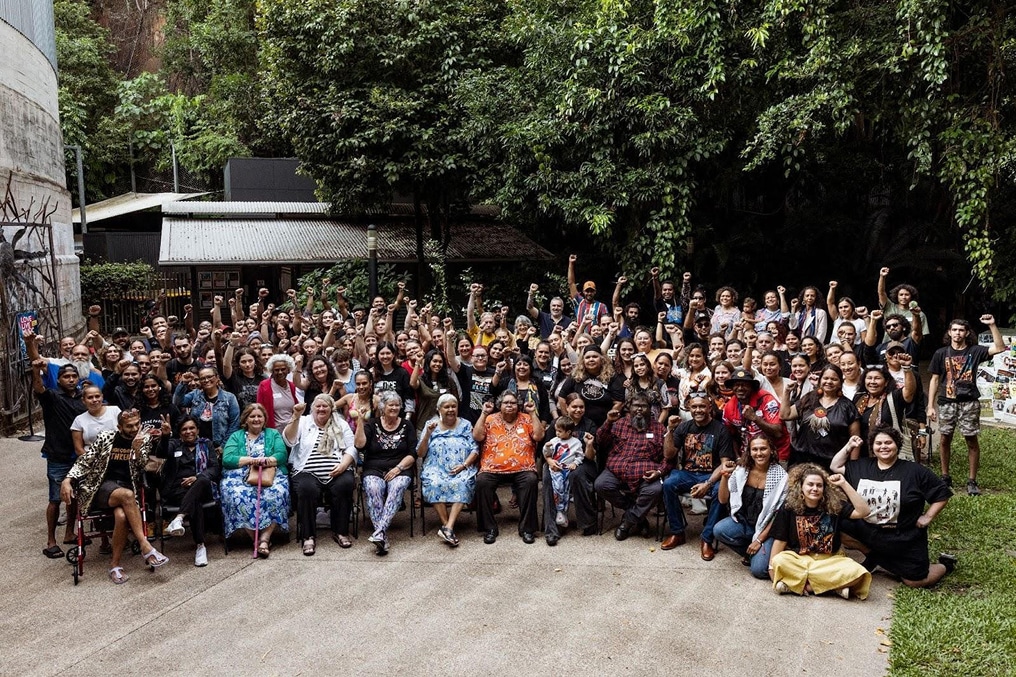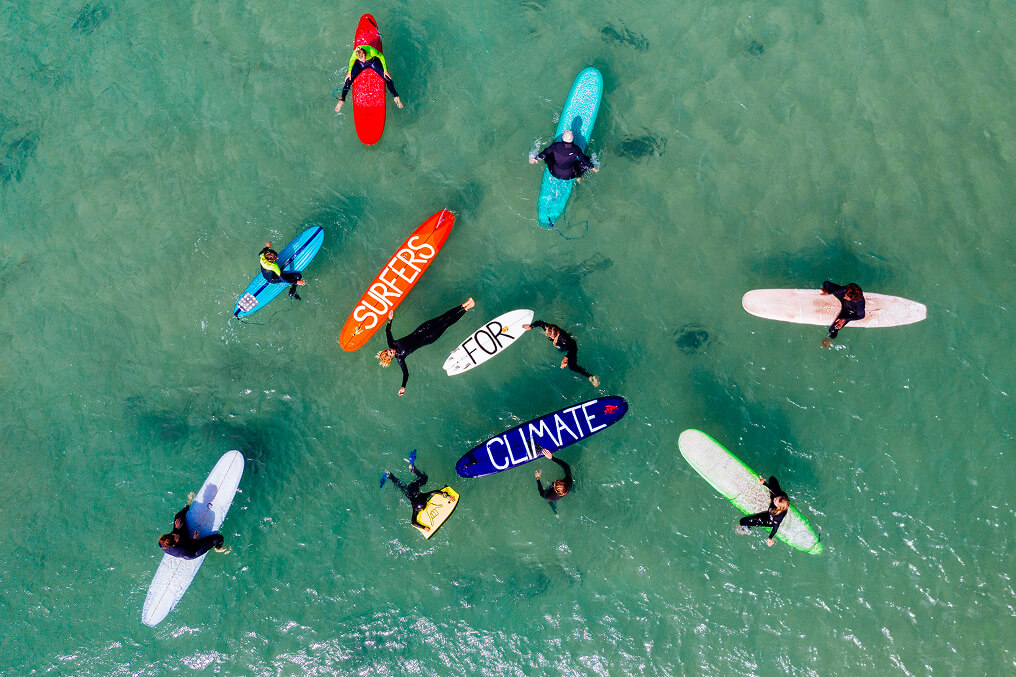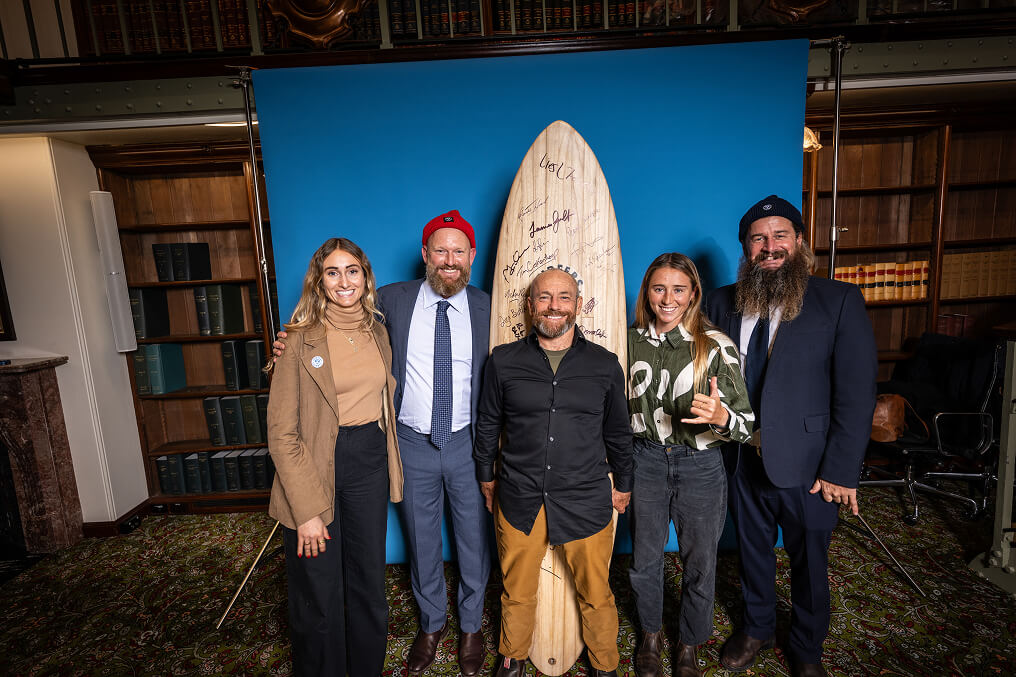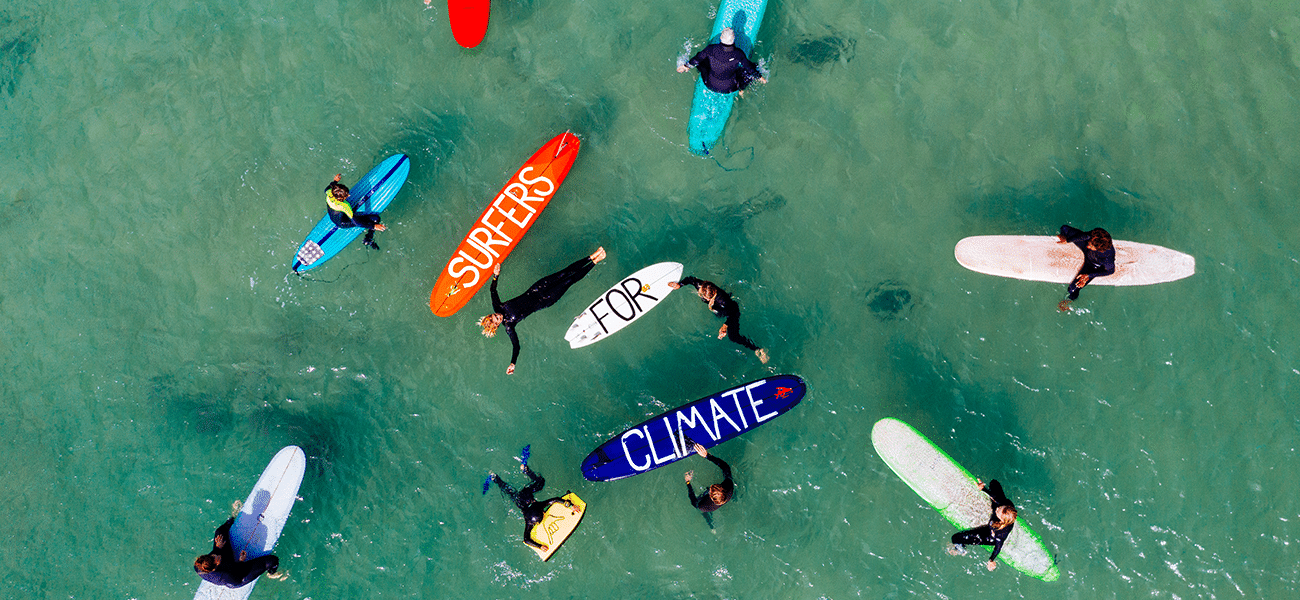WorldSkills Australia hosts some of the nation’s largest and most logistically-complex events, catering for up to 60 different skill categories at the biennial WorldSkills Australia National Competitions. Running these skill categories uses significant quantities of water, energy and materials, and generates multiple waste streams.
Faced with these challenges, Dusseldorp Skills Forum (DSF) and WSA worked together on an innovative project for the 2008 and 2010 WSA National Competitions – the Green Team.
The inaugural 2008 Green Team comprised of TAFE NSW Event Management students and university Environment Management students trained to conduct an Environmental Review. An Environmental Management Plan (EMP) guided the review, allowing the Green Team’s work to conform to internationally recognised standards. The 2008 EMP provided WSA with an event sustainability blueprint for continuous improvement.
The Green Team used the Victorian EPA’s Event Footprint Calculator to calculate the impact of the event in 2008 and again in 2010. In order to reduce the environmental impact of the competitions, WSA focused its attention on systematically demonstrating how to reduce the energy, materials, water consumed and waste generated by the competitors, as this has a large impact in the vocational education system and in workplaces across Australia.
At its 2010 competition in Brisbane, WSA and DSF renewed the Green Team project based on the knowledge gathered at the 2008 competition. The Green Team assembled under the guidance of the lead auditor, ARUP, to audit each competition area, considering the sustainability of project designs, the efficient use of materials, water and energy, and waste management at the competition.
Green Team 2012
In preparation for 2012, WSA arranged for the project design teams to work with sustainability experts to consider the environmental, social and economic impacts of their project designs. They also formalised judging criteria to test how effectively the 2012 project designs could communicate the practice of skills for sustainability to a large audience and reduce the categories:
- Energy and GHG emissions;
- Water usage;
- Materials usage; and
- Waste streams.
The project designs also addressed the environmental impacts associated with the 25,000m2 floor space and 40,000 km of equipment transport needed to deliver the National competition.
The 2012 ARUP Skills for Sustainability Award
This was first year that WSA trialled a more robust approach to assess the comparative sustainability of the categories participating and also, the first year that the Green Team considered environmental, social and economic impacts in the planning and design of category projects.
There was a very high level of performance overall, reflecting passionate engagement with sustainability by the WorldSkills Australia categories. 25 of the 37 categories scored 65% and above.
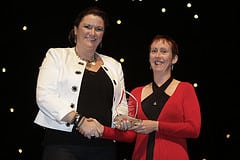
And the winners were…
In 2012 marks were so close that joint winners were announced – Cooking and Hairdressing. Both categories demonstrated a high degree of innovation and industry leadership in sustainability practices whilst also showing a mature and systematic approach to skills for sustainability.
The Hairdressing category integrated a range of practices to reduce its use of energy and water and its creation of waste into their project which also translated into the marking of the competitor’s projects. They noticeably improved their eco-efficiency since the last competition and were very effective in communicating a sustainability message to the visiting public and engaging their competitors in learning about sustainability.
The Cooking category was also commended for their strategic approach to sustainability, partnering with the other hospitality categories to streamline their operations and to operate as a coordinated supply chain, sharing facilities. They delivered significant efficiencies for WorldSkills Australia’s set up, reducing the space and other resources required to deliver the competition.
Resources
21st century skills (98.04 kB) WorldSkills Australia Green Team – driving excellence in skills for sustainability (550.77 kB)
Growing the Green Collar Economy (1.07 MB)
Gen Green 2008 Survey (3.61 MB)
Under the guidance of the lead auditor, ARUP, the Green Team conducted interviews with each of the skill areas and gathered data that will become part of the Environmental Audit Report and establish benchmarks for improvement.
An insight into the training day of the Green Team as they prepare for benchmarking water, waste and energy at the 2008 WorldSkills National Competition in Sydney.
Sydney Institute of TAFE Students and teacher Kathy Herd talk here about the Green Team and why they are getting involved.
Further information
WorldSkills Australia
[email protected]
